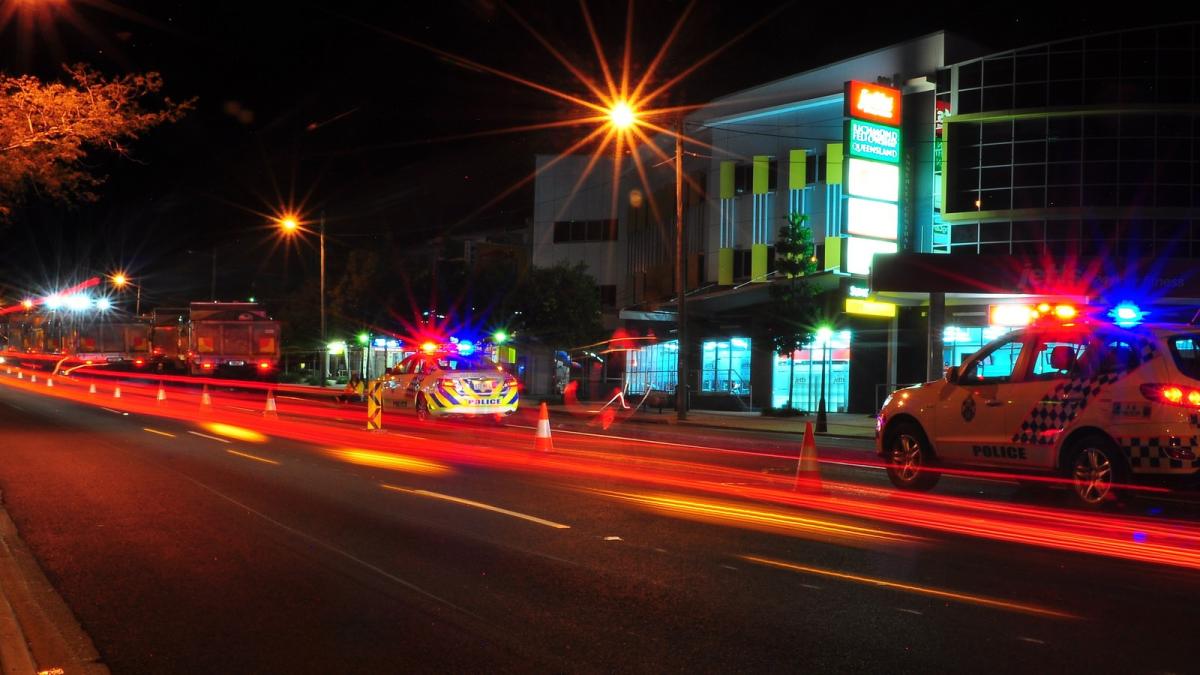Page Contents
Main Content
An armed robbery is a serious crime that could have a significant impact on the health, safety and welfare of you, your staff and customers. It is therefore important for businesses to have security and armed robbery procedures in place and for all staff to be familiar with them.
The Queensland Police Services 'Project Armour' Armed Robbery Awareness Brochure (PDF) also provides a range of safety and security advice on the topic of armed robbery.
Reducing the risk
Be aware of unusual behaviour such as:
- People loitering outside the business
- Strangers asking about your business
- Customers acting out of character (e.g. spending time in a retail outlet without purchasing anything)
- Customers dressing unusually (e.g. wearing winter clothes in summer)
Don’t provide information about your business to anyone you are not comfortable with.
Avoid opening and closing your business alone.
Never discuss your security arrangements in public, not even with friends.
Ensure all staff members (especially new staff) are aware of security procedures and know what to do in the event of a robbery.
Closely control the custody, issue and duplication of business keys.
Handling cash
- Make sure the cashier is in a visible location, as far away from entry/exits as possible and that the counter is wide and high enough to restrict physical contact between staff and offenders
- Install a time delay operated safe with a drop chute and regularly empty your cash drawer into the safe
- If possible, have a secure area for handling and counting cash. Always keep this area secure and out of sight of the general public
- Encourage electronic methods of payment, such as credit cards rather than cash, to minimise cash levels.
- Avoiding using labelled bank bags
- Ideally, use professional security companies to collect cash and move it to banks
- If you do need to transfer money to the bank, do so at irregular times and vary the route
- Don’t wear company uniform when going to the bank and try to use different people
Store layout and design
- Make sure your business is clearly visible from the outside
- Designate safe areas and escape routes for you and your staff
- Install Close Circuit Television (CCTV) to monitor entry and movement within your business and have the CCTV attached to a recording device.
- Install an alarm system, particularly one with a duress system
- Ensure that back and side doors and windows are kept secure
- Provide good lighting inside and outside of your building
- Make extensive use of signage and stickers, both inside and outside your business to promote proactive security measures such as ‘Premises under constant video surveillance’
If the business is being robbed
In the event of a robbery, it is important to stay calm and do exactly as the offender says. Your personal safety and that of your employees and customers is far more important than any money or stock you might lose.
Remember to:
- Speak only when spoken to. Talking to the offender will only prolong the incident
- Remember the offender will be nervous and tense
- Explain in advance any sudden movements you are going to make (e.g. "I am going to open the cash register now")
- Do not activate alarm systems unless it is safe to do so
- Avoid eye contact with the offender
- Try and remember as much as you can about the offender and how he/she behaves
After the robbery
As soon as it is safe to do so:
Call triple zero (000) and ask for the police:
- Provide your name, telephone number and exact location of the robbery
- Describe the offenders, any motor vehicles used and their direction of travel
- Describe the weapon/s used
- If necessary, provide first aid and call for medical assistance. Call triple zero (000) if you require an ambulance
- Activate the alarm system
- If practical, close the business and try to preserve the crime scene. If possible rope off the area where the offenders have walked. Do not touch anything
- Do not clean up the scene. Forensic evidence such as fingerprints may not be visible to the naked eye
- If necessary, relieve affected staff of their duties and separate staff so that they can maintain an independent recollection of events
- Ask any non-employee witnesses to remain until police arrive. If they insist on leaving, try to obtain their name and contact details. Police may want to interview them
- The media may turn up at your business. You have a right to privacy and you are not compelled to talk to the media. If your company has a media division, contact them for help
- Use this event to assess the layout of your business and the procedures you follow. There may be changes you can implement to make the business safer for your staff and customers whilst making it more difficult for future offenders.
